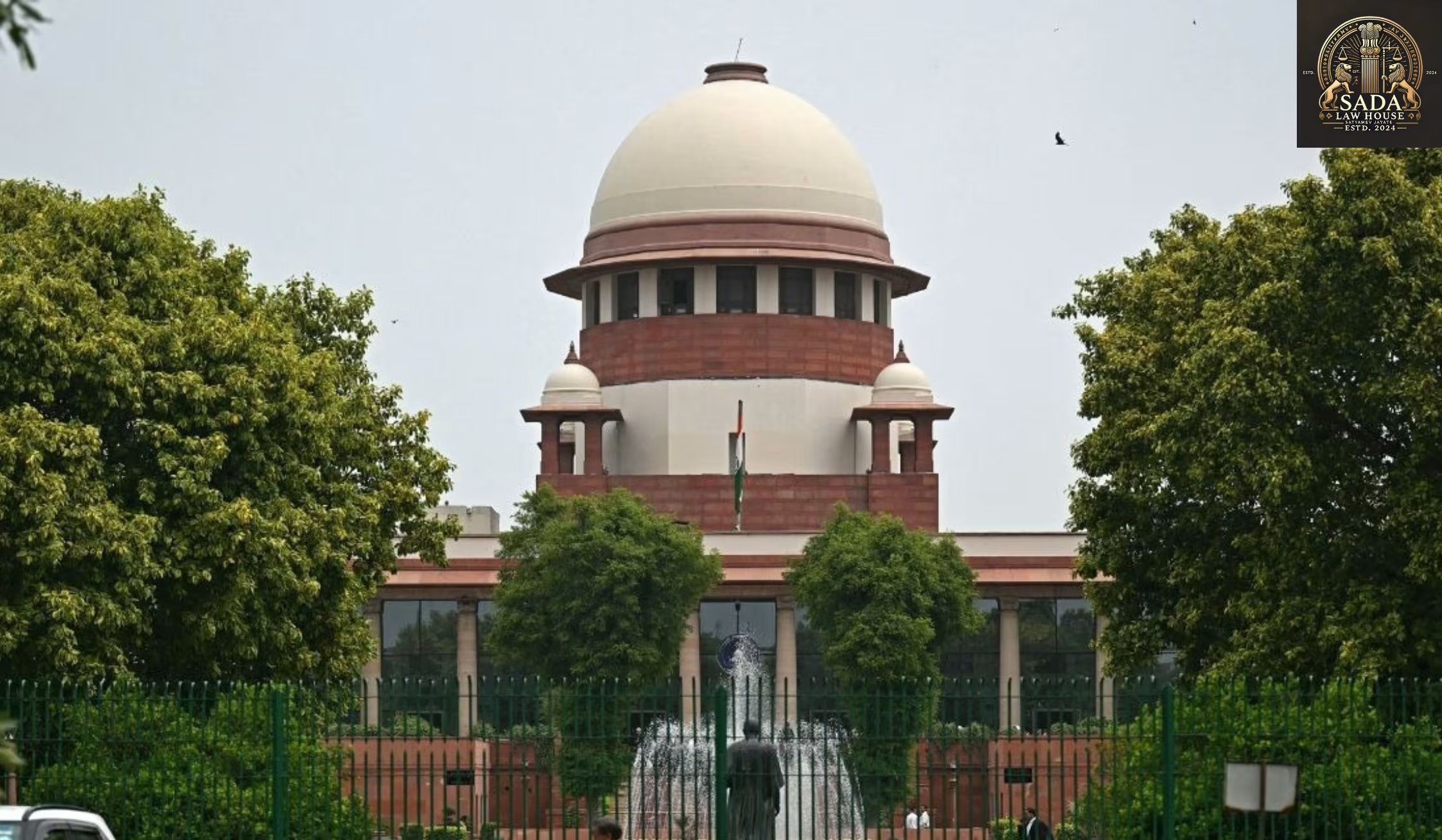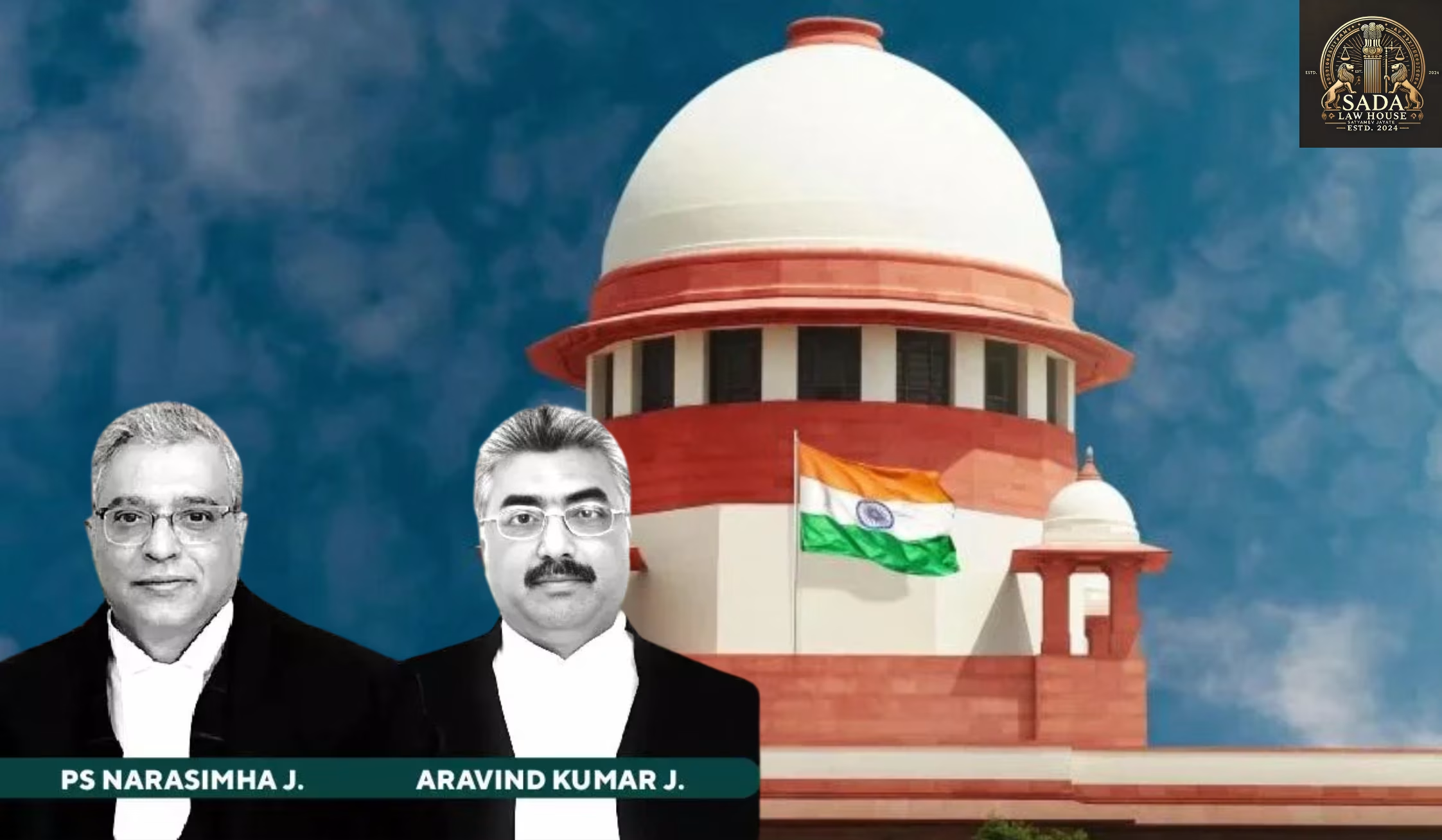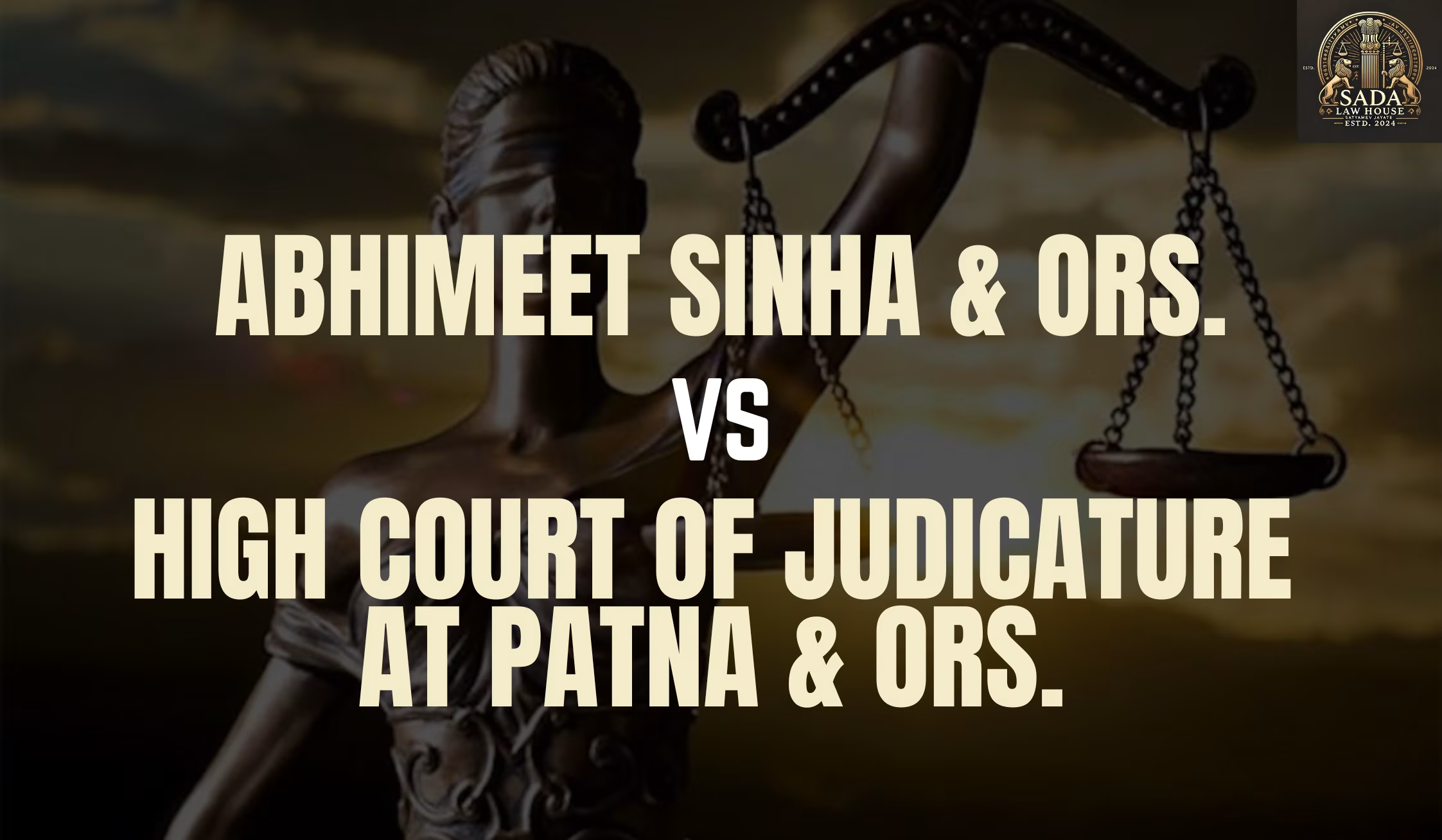AIMPLB to File Contempt Petition Against Centre Over Launch of Waqf Umeed Portal Amid Supreme Court Hearing on Waqf (Amendment) Act 2025
- Prabhat Kumar Biltoria
- 07 June 2025

The All India Muslim Personal Law Board (AIMPLB) plans to file a contempt petition against the Central government over the launch of the Waqf Umeed Portal. The move comes amid ongoing Supreme Court of India hearings challenging the Waqf (Amendment) Act, 2025.
AIMPLB Opposes Government’s Launch of Waqf Umeed Portal
On June 5, 2025, the All India Muslim Personal Law Board (AIMPLB) publicly opposed the Central government’s decision to launch the Waqf Umeed Portal on June 6. The AIMPLB claims that the launch is unlawful and constitutes contempt of court, as the legal basis for the portal—the Waqf (Amendment) Act, 2025—is currently under judicial scrutiny in the Supreme Court of India.
What Is the Controversy Over the Waqf (Amendment) Act 2025?
The amendment to the Waqf Act 1995 aims to regulate Waqf properties, which are assets reserved for religious and charitable purposes under Islamic law. However, this new legislation has sparked widespread opposition:
Several Muslim organizations, including AIMPLB, reject the amendment.
Opposition parties, human rights groups, and minority communities (including Sikh and Christian groups) have voiced concerns.
The Act is being challenged for allegedly discriminating against the Muslim community by affecting its constitutional rights over religious endowments.
Supreme Court’s Role in the Waqf Amendment Dispute
The Supreme Court of India is currently hearing multiple petitions challenging the Waqf (Amendment) Act, 2025. Key points include:
The Court reserved its decision after extensive hearings led by Chief Justice BR Gavai and Justice Augustine George Masih.
Petitions were filed by prominent MPs such as Mohammad Jawed (Congress (Indian National Congress)) and Asaduddin Owaisi (All India Majlis-e-Ittehadul Muslimeen).
Six BJP-governed states, including Haryana and Maharashtra, have filed intervention pleas supporting the amendment.
The main legal debate focuses on the removal of “waqf by user” from the Act’s definition, which affects historical mosques, graveyards, and charitable properties.
Why AIMPLB Considers the Portal Launch Contempt of Court
AIMPLB argues that launching the Waqf Umeed Portal and mandating Waqf property registration before the Supreme Court’s ruling violates the court’s authority. The Board urges:
Muslims and State Waqf Boards to avoid using the portal until the Court issues its verdict.
The government to halt enforcement of the amendment until the legal challenges are resolved.
Centre’s Defense of the Waqf (Amendment) Act, 2025
The Union government claims the amendment is necessary to curb misuse of Waqf provisions, which previously allowed encroachment on private and public lands. Key points from the Centre’s defense include:
A 116% increase in “auqaf area” since the 2013 Waqf Act amendment highlighted growing misuse.
The abolition of “waqf by user” aims to ensure that Waqf property registrations meet legal requirements.
The government insists that the right to dedicate property for religious purposes remains protected, but under a regulated legal framework.
What’s Next for the Waqf Amendment Legal Battle?
With the Supreme Court’s decision pending, this case remains a critical issue for religious rights, property regulation, and minority protections in India. The outcome will impact:
The future regulation of Waqf properties.
The relationship between the government and religious communities.
Legal definitions and protections for historical religious sites.
Case Laws







